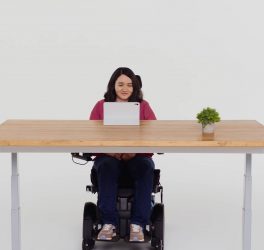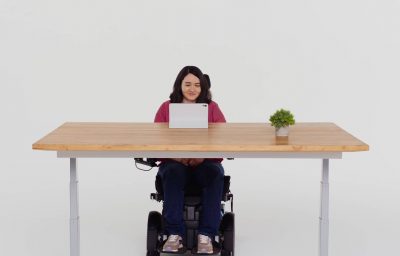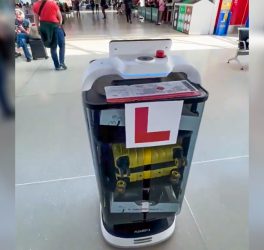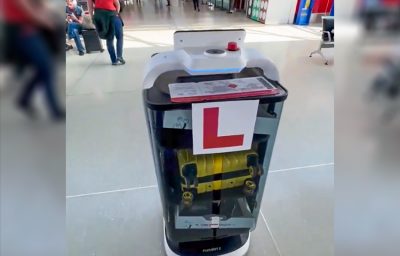
Researchers have developed a new voice assistant that allows people with vision disabilities to get web content as quickly and as effortlessly as possible from smart speakers and similar devices.
The tool is called Voice Exploration, Retrieval, and Search (VERSE). The study was led by Alexandra Vtyurina, a University of Waterloo Faculty of Mathematics student, and Leah Findlater, an assistant professor from the University of Washington.
“People with vision disabilities often rely on screen readers, and increasingly voice-based virtual assistants, when interacting with computer systems,” said Vtyurina, a PhD candidate in Waterloo’s David R. Cheriton School of Computer Science, who undertook the study during her internship at Microsoft Research. “Virtual assistants are convenient and accessible but lack the ability to deeply engage with content, such as read beyond the first few sentences of an article, list alternative search results and suggestions. In contrast, screen readers allow for deep engagement with accessible content, and provide fine-grained navigation and control, but at the cost of reduced walk-up-and-use convenience.
The primary input method for VERSE is voice; so, users can say “next”, “previous”, “go back” or “go forward”. VERSE can also be paired with an app, which runs on a smartphone or a smartwatch. These devices can serve as input accelerators, similar to keyboard shortcuts. For example, rotating the crown on a smartwatch advances VERSE to the next search result, section, or paragraph, depending on the navigation mode.








